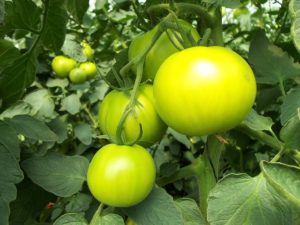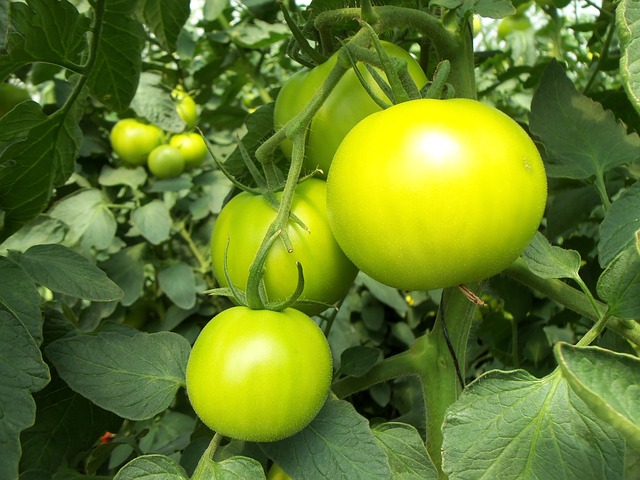In this article, we want to look at some new approaches that homesteaders might want to consider in growing crops. We want to consider good natural solutions for increasing yields. Let’s look at some Tips for Homestead Hydroponics Gardens
 The requirements for plants are the same whether you are growing a garden traditionally or with a hydroponics method. In hydroponics, the nutrients the plant would get from the soil are replaced by a growing medium that can be purchased at gardening supply stores. The need for water and light is still just as important though. Light can come from a natural source, an artificial source or a combination of the two. Depending on the type of hydroponics system the method that your plant gets water will differ too.
The requirements for plants are the same whether you are growing a garden traditionally or with a hydroponics method. In hydroponics, the nutrients the plant would get from the soil are replaced by a growing medium that can be purchased at gardening supply stores. The need for water and light is still just as important though. Light can come from a natural source, an artificial source or a combination of the two. Depending on the type of hydroponics system the method that your plant gets water will differ too.
Get a free subscription to PREPARE Magazine
In order to get the best results from your home-based hydroponics garden, find a south-facing window to give the plants the best natural light. If this isn’t possible, you can purchase special lights that are specifically designed for plants. Instead of using a fluorescent light, buy what is known as a discharge light. This imitates the light the plants would naturally get from the sun and will produce healthier and hardier plants.
The water that the root system is growing in needs to be healthy water full of nutrients and this can be determined by checking the pH level (it should be a pH level of 6). The pH level should be checked on a regular basis to ensure it is not too acidic or alkaline. If the reading is too high, add small amounts of vinegar and keep re-testing until you can
the reading you want. If the water reading has a pH level that is too low, use the same procedure to raise the pH level except use baking soda instead of vinegar.
Get a free subscription to PREPARE Magazine
By growing your plants with hydroponics, you will see faster and more abundant growth. The method that the plants get their nutrients is more efficient and results in robust and prolific plants – whether they are houseplants, vegetable plants, or herbs.





